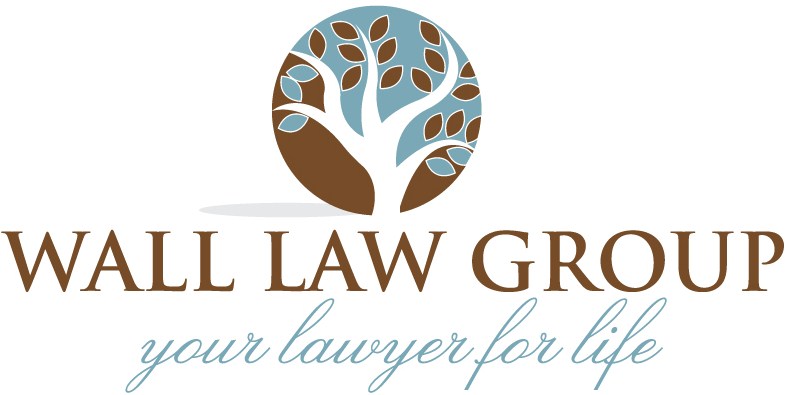40% of People Say They Don’t Have Enough to Make a Will
Four in 10 people believe they do not have enough assets to make a will, according to a new survey. This statistic reflects a common misconception about estate planning: that it is only for the wealthy.
